In today’s digital age, marketing software has become essential for businesses to reach their target audience and establish a successful brand image. With so much competition in the market, effective brand building requires strategic planning and execution, which can be efficiently managed by marketing software. From customer profiling and segmentation to content creation and social media management, marketing software offers a plethora of features that can help businesses engage their audience and build a strong brand identity.
In this blog, we will explore the crucial role of marketing software in brand building and how it can help businesses create a lasting impression in the minds of their customers.

Introduction: The Importance of Marketing in Today’s Business World
Hey there! You may already know this, but marketing is extremely important in today’s business world. With the rise of the internet and digital channels, traditional marketing methods sometimes fail to cut it. That’s why the use of digital marketing has become so essential for businesses to keep up with the times. It’s not just about advertising anymore – it’s about building a recognizable brand and creating a positive experience for your customers. Effective marketing can increase your audience’s recognition, trust and even more growth opportunities.
So whether you’re a small business owner or part of a large corporation, investing in a strong marketing strategy can give you a competitive edge. With technology advancing daily, staying up-to-date with the latest marketing trends and software to optimize your efforts is important. So don’t underestimate the power of marketing – it can make or break your success in today’s business world.

What is Brand Experience, and Why is it Important?
Brand experience is all about how your customers feel about your brand, from the moment they encounter it to long after their first interaction. It includes everything from your marketing efforts to the quality of your products and services and is essential to building a successful brand. A positive brand experience can inspire loyalty, drive sales, and set your business apart from your competitors.
That’s why investing in creating a consistent, cohesive brand experience that resonates with your target audience is critical. Brand experience goes beyond just user experience – it’s about creating a lasting connection that incorporates all the senses and emotions of your customers. Remember: while creating a universal brand experience that pleases everyone is impossible, the goal is to create one that positively resonates with the largest number of potential customers. Doing so can create a powerful brand that people will love and remember.
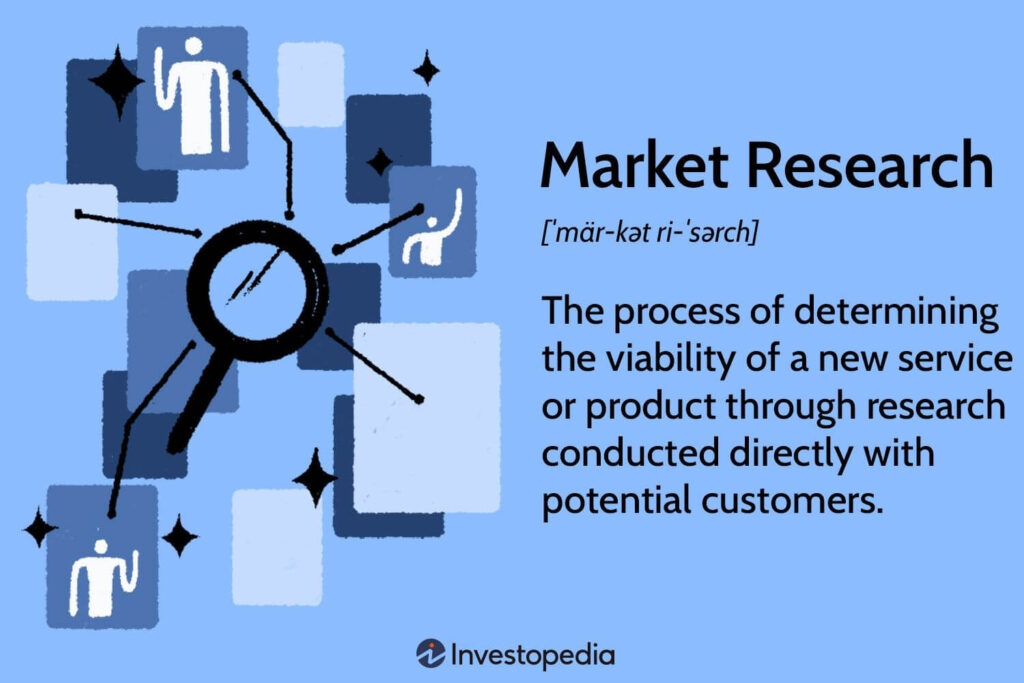
Advertising vs. Brand Experience: Understanding the Difference
When it comes to marketing, there are multiple strategies that businesses can adopt, including advertising and brand experience. Advertising is the act of promoting a product or service through various channels like TV, radio, newspapers, and social media. This type of marketing is designed to be informative or persuasive, often with a focus on the physical aspects of the product or the price.
On the other hand, brand experience is about crafting a sensory user experience that can bring a user into a lasting relationship with a brand. It’s more about building an emotional connection with the customer by focusing on the intangible aspects of the brand, like values, personality, and customer support.
While advertising is necessary to create awareness and inform customers about products or services, brand experience taps into the hearts and minds of customers, creating a strong emotional bond. Ultimately, the difference between advertising and brand experience is the approach taken to connect with customers – one is transactional, and the other is relational.
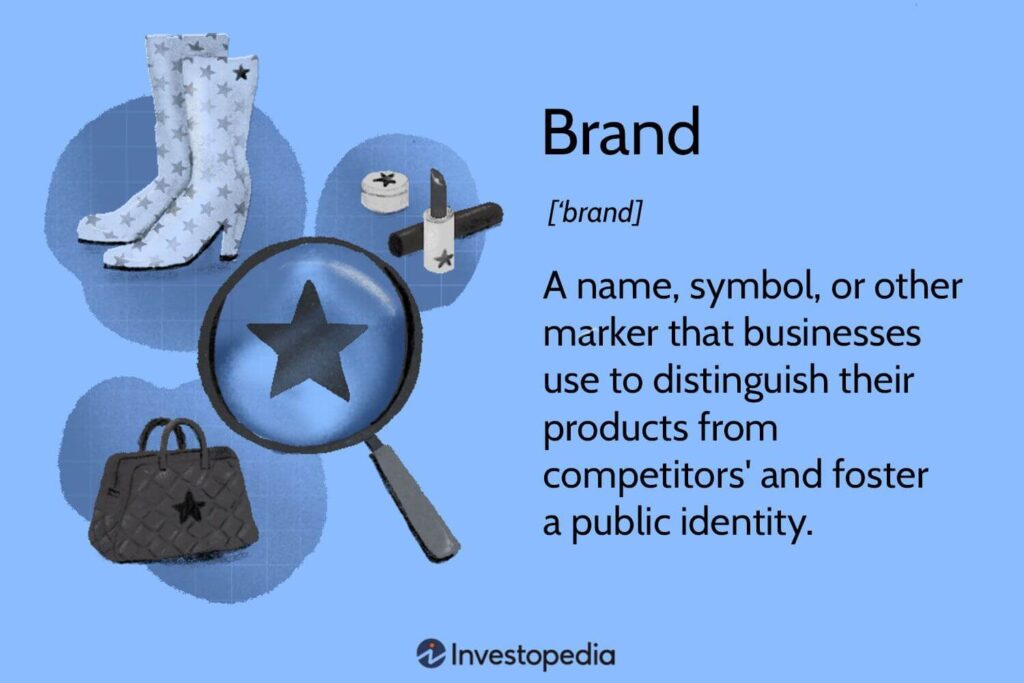
Key Elements of a Successful Brand Experience Strategy
When it comes to building a successful brand experience strategy, there are four key elements to keep in mind.
First, you need to have a clear and compelling brand promise that resonates with your target audience. This promise should be communicated consistently across all channels, from your website and social media to your advertising and email campaigns.
Second, you need to create a signature brand aesthetic that reflects your values and sets you apart from the competition. This aesthetic should be present in everything from your logo and color scheme to your product design and packaging.
Third, you need to focus on delivering an exceptional customer experience that exceeds expectations and builds trust and loyalty.
And fourth, you need to measure and analyze your progress over time, using data and insights to refine your strategy and optimize your results. By keeping these four key elements in mind, you can create a brand experience that attracts customers and keeps them coming back for more.

How Digital Marketing Can Enhance Brand Experience
Digital marketing can greatly enhance your brand experience. Using social media strategically, you can target your desired audience and create a bond with them through interaction. Social media also allows for showcasing events and experiential activations to trigger positive emotions in your audience, which can further strengthen brand loyalty. Email marketing is also a powerful tool as it gives you the ability to reach out to potential customers who have already shown interest in your product or service. Retargeting can also provide follow-up for those who have previously visited your website.
By using these digital marketing tools, you can create a consistent and positive brand experience that will increase customer brand affinity and distinguish you from your competitors. Remember, brand experience is proof of your brand promise, and digital marketing provides the perfect platform for building it.
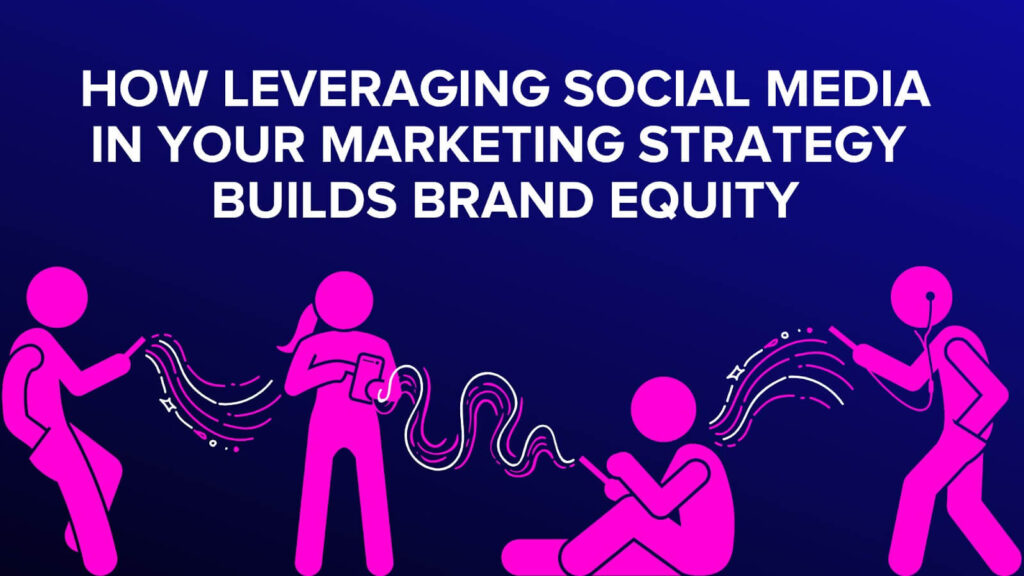
Leveraging Social Media for Targeted Marketing
Leveraging social media for targeted marketing is a key strategy in today’s digital age. With over 3.81 billion users worldwide, social media platforms have become a valuable channel for businesses to promote their brands and reach new customers. By utilizing social media analytics, you can gain valuable insights into your target audience’s behavior and preferences, allowing you to create targeted advertisements that appeal to existing customers and attract new ones. Take advantage of the diverse demographic user bases across platforms and cater your marketing strategy accordingly.
For instance, TikTok’s user base is mostly between 10-19 years old, whereas Instagram’s global audience is between 25-34 years old. By understanding your audience’s preferences, you can create content that resonates with them and maintain high engagement levels. With social media’s power to drive traffic and generate leads, it is no wonder that 74% of global marketers invest in social media marketing. Take advantage of this valuable channel for advertising your brand.
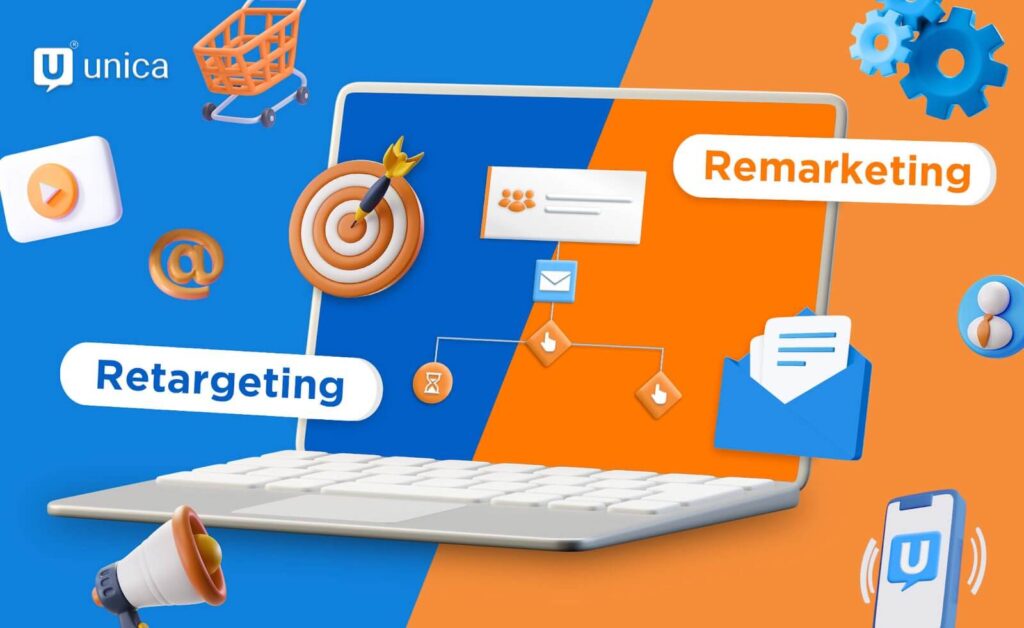
The Power of Email Marketing and Retargeting
As a marketer, you know that email marketing is still going strong despite concerns that it’s dead. In fact, email marketing is one of the most effective marketing tactics, with benefits like creating personalized content, collecting feedback and surveys, improving sales, and generating traffic to your site. Email marketing also allows you to reach the right people at the right time, produce cost-effective campaigns, and provide more value to your audience. Retargeting, or showing ads to people who have visited your website before, is another powerful tool in your marketing arsenal.
By retargeting those who have shown an interest in your brand, you can remind them of products they viewed but didn’t purchase and encourage them to come back to your site. With the right email marketing and retargeting strategies, you can effectively drive traffic and sales to your website while building stronger relationships with your customers.

How PR and Digital Marketing Work Together to Build a Strong Brand Image
When it comes to building a strong brand image, PR and digital marketing go hand in hand. PR helps to create a favorable image of your company by getting your brand in front of journalists and other influencers who can share your message with a wider audience. Meanwhile, digital marketing allows you to reach your target customers directly through social media, email marketing, and other online channels.
By combining these two tactics, you can create a cohesive strategy that builds trust and credibility for your brand. Strong brand messages and a consistent image across all channels can help you reach your target audience with the right message at the right time, which can lead to increased engagement and conversion rates. Whether you’re a small startup or a large corporation, investing in PR and digital marketing can help you build a strong brand that resonates with your target customers.
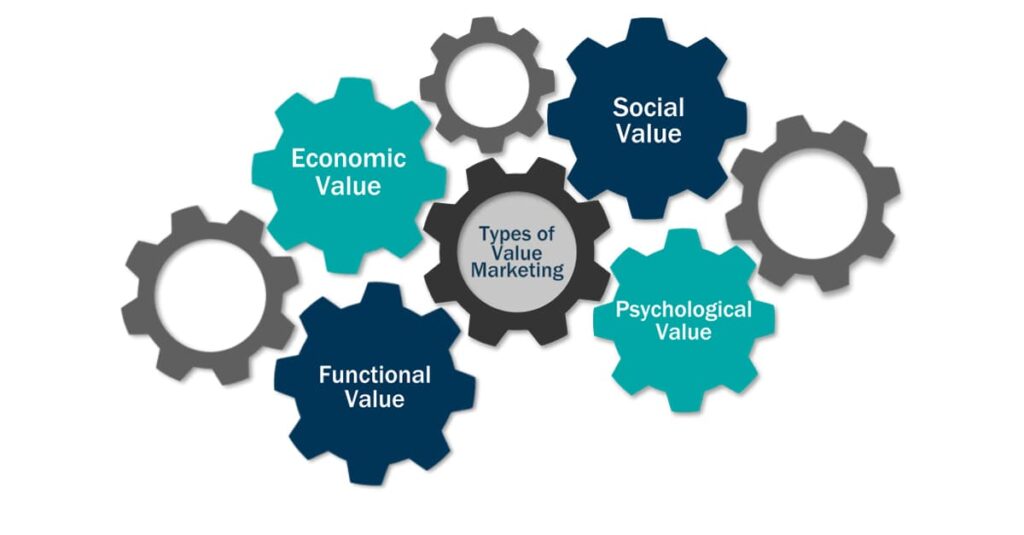
The Role of Marketing in Software Development Companies
As a software development company, marketing is crucial to your success. You can reach your target audience through effective marketing strategies, create brand awareness, and build trust. The goal of marketing is not just about making money; it is about building relationships with your customers and creating a positive image in their minds. By using various marketing techniques like creating expert content, social media, link building, digital ads, and more, you can establish your brand in the market and attract more customers.
You need marketing to differentiate yourself from the competition and stand out. With marketing, you may have a great product, but people may know about it. Remember to underestimate the power of marketing. It can help you achieve your business goals, increase recognition, build trust, and open up growth opportunities. Invest in effective marketing, and you will see the results in your bottom line.

Benefits of Effective Marketing: Increased Recognition, Trust, and Growth Opportunities.
Effective marketing can offer several benefits to your business, including increased recognition, trust, and growth opportunities. By leveraging the power of marketing software, you can create a strong brand that resonates with your target audience. This will help your business to stand out in a crowded marketplace, making it more memorable to prospective customers. Moreover, branding can help build trust by conveying a sense of professionalism and credibility. Potential customers will recognize that your business has made an effort to establish a clear identity, which can help to instill confidence and promote brand loyalty.
Finally, a well-crafted marketing strategy can help you identify opportunities for growth and expansion. By nurturing relationships with customers and staying ahead of market trends, you can position your business for long-term success. Overall, effective marketing is a critical component of any successful business strategy, offering a range of benefits that can help you achieve your goals.
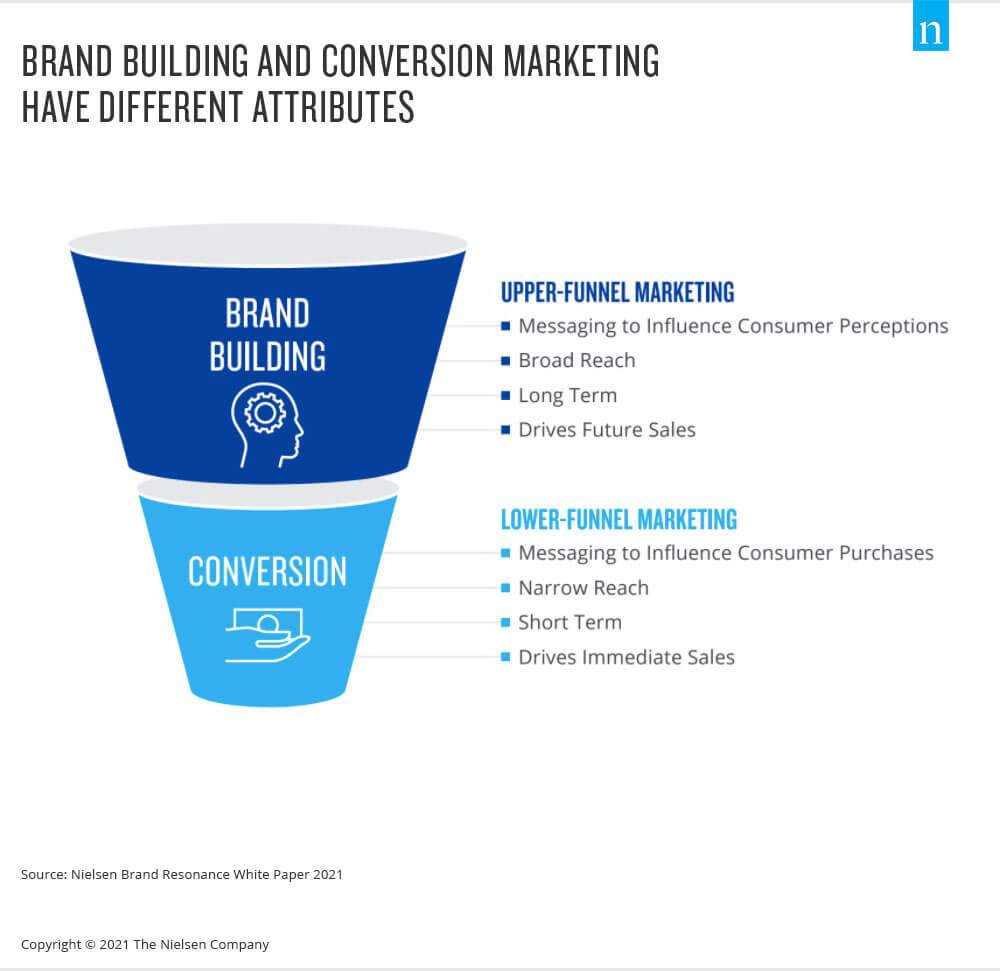
Conclusion
In conclusion, digital marketing has become essential to any business’s success in today’s technological age. Whether you choose to use open-source software or invest in custom marketing software solutions, it is important to remember that the primary goal is to communicate and engage with your present and potential customers. Building a strong brand in the digital space requires a clear understanding of your unique selling proposition and how your presence contributes to your industry.
You can increase brand recognition and become a top-of-mind brand through consistent visual synergy across multiple touchpoints. With the internet’s global reach, your brand can be seen by a larger audience than traditional methods allow, leading to higher brand awareness and, ultimately, greater sales. Nurturing your potential customers through each phase of the customer journey can turn them into brand ambassadors, contributing to your long-term success.
By embracing the role of marketing software in brand building, you can achieve your business goals and stay competitive in today’s market.
Frequently Asked Questions (FAQs)
What is the role of marketing in building a brand?
Marketing plays a crucial role in building a brand by creating awareness, shaping perceptions, and influencing consumer behavior. It involves strategic activities such as market research, product positioning, advertising, public relations, and customer engagement to establish a strong brand identity and reputation in the market.
What is the role of digital marketing in building brands?
Digital marketing has become an integral part of brand building in the modern business landscape. It leverages digital channels like websites, social media platforms, email, search engines, and online advertising to reach and engage with a broader audience. Digital marketing enables targeted messaging, personalized experiences, data-driven insights, and real-time interactions, contributing to brand awareness, visibility, and customer engagement.
What is the function of marketing software?
Marketing software refers to a range of tools and platforms designed to automate, streamline, and optimize various marketing processes. It helps businesses manage customer data, execute marketing campaigns, track performance metrics, analyze customer behavior, and improve overall marketing efficiency. Marketing software can include customer relationship management (CRM) systems, email marketing platforms, social media management tools, marketing automation software, analytics tools, and more.



